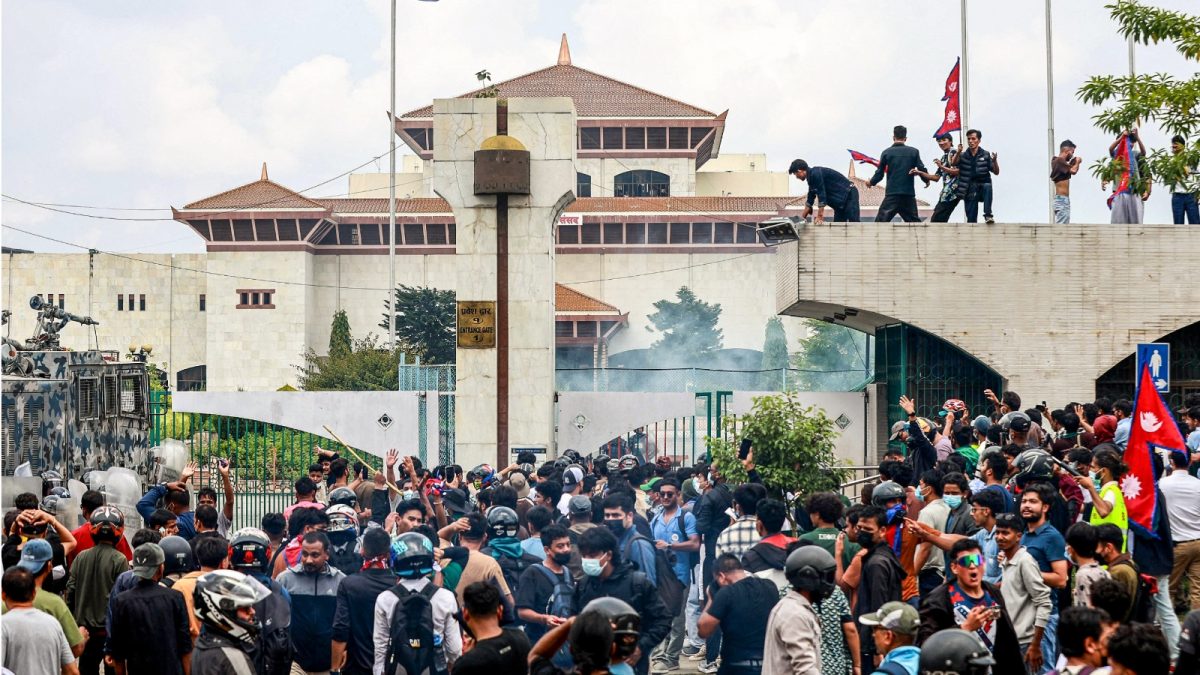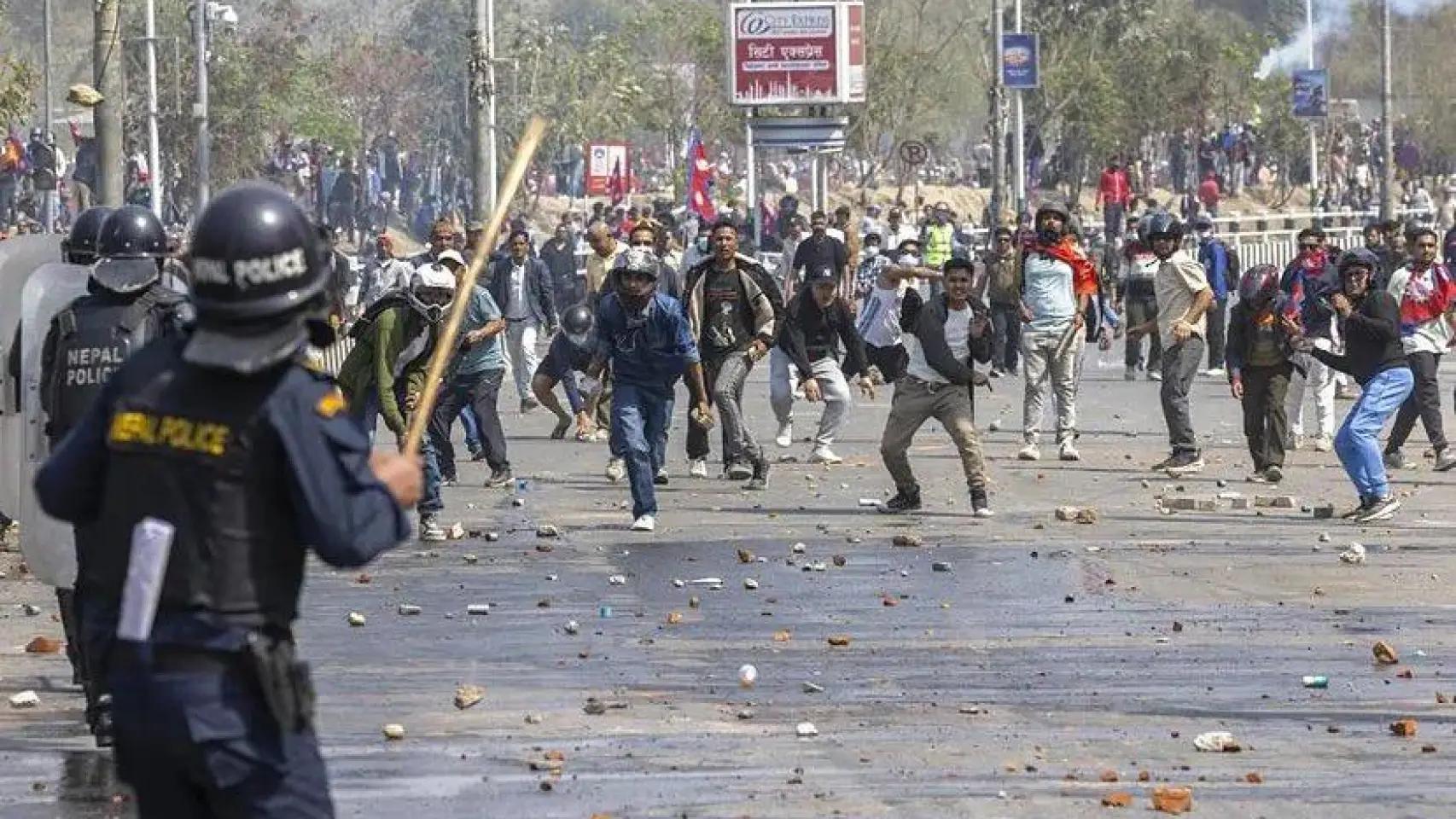Nepal Appoints Sushila Karki as Interim Prime Minister Amidst Unrest
In the wake of deadly protests that have rocked Nepal, former Chief Justice Sushila Karki has been appointed as the interim prime minister. The appointment, announced on Friday, follows a week of intense demonstrations triggered by government corruption and a social media ban, resulting in significant casualties and widespread unrest.
The Protests and Their Aftermath
The protests, largely driven by Gen Z, began in response to government graft and restrictions on social media. Initial rallies turned violent when security forces opened fire, leading to further escalation. Prime Minister resigned to take responsibility for the deaths, and the ban was rescinded, but the situation spiraled into widespread looting and destruction, damaging key state institutions. According to Nepali police, more than 50 people have died in the chaos.
- Protests ignited by government corruption and a social media ban.
- Security forces' response led to violence and escalation.
- Resignation of the Prime Minister and rescinding of the social media ban failed to quell the unrest.
Sushila Karki's Appointment and Challenges
Sushila Karki, a former chief justice known for her anti-corruption stance, was chosen as the caretaker leader. President Ramchandra Paudel's office officially announced her appointment, making her the first female head of government in Nepal. However, questions remain about her ability to effectively lead, given that she is not a member of parliament. Some believe dissolving Parliament enabled Karki’s appointment.
“She’s seen as an anticorruption voice, so she’s acceptable to a lot of the Gen Z groups that have been firing up this movement, because corruption has been a big issue,” said Al Jazeera’s Rob McBride.
The State of Nepal: Security and Future Outlook
The situation in Nepal remains tense. Thousands of prisoners escaped during the unrest, with many still at large. The army has imposed a curfew and recovered looted firearms. While some shops have reopened and normalcy is slowly returning to Kathmandu, significant challenges remain. Nepal has grappled with political and economic instability since the abolition of its monarchy in 2008.
| Issue | Detail |
|---|---|
| Casualties | Over 50 deaths reported, including protesters, prisoners, and police officers. |
| Escaped Prisoners | Over 12,500 prisoners remain at large. |
| Security Measures | Army imposed curfew; recovered over 100 looted firearms. |
The appointment of Sushila Karki offers a glimmer of hope amidst the chaos, but Nepal faces a long road toward political stability and economic recovery.
 Visit the website
Visit the website


